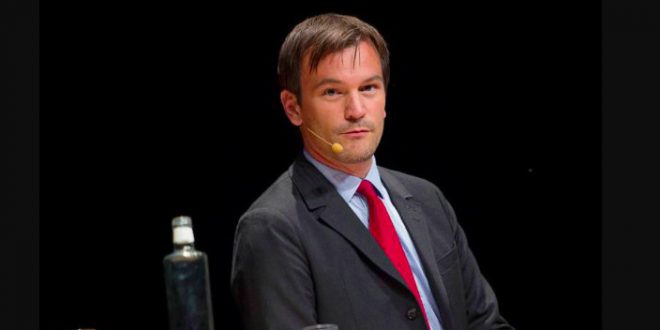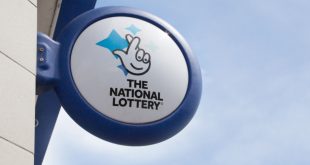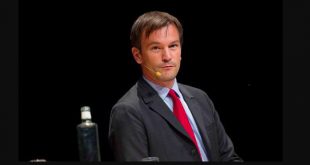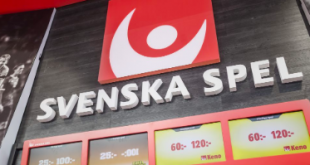Branschföreningen för Onlinespel (BOS), Sweden’s online gambling trade association, has warned the government that it is grappling with a crisis in the channelling of Sweden’s regulated online gambling marketplace.
The warning follows a report commissioned by BOS, which details that consumer engagement with licensed operators )referred to as ‘channelling’) is at a critically low level in Sweden.
The report undertaken by research agency SKOP.SE indicates that the entire online gaming market’s channeling is at 77%, with sports betting at 84% and online casinos at 72%.
The revelation comes as the industry struggles to align with the Swedish state’s objective to channel at least 90% of all gambling to the regulated Swedish licensed market.
BOS members have cited concerns that strict measures enforced by the state, like bans on bonuses and betting on lower football divisions, have not been well received by consumers.
Of concern to all stakeholders, the report details that 25% of the gaming activities now happen in the unlicensed gaming market, where consumer protection and tax payments are lacking.
Gustaf Hoffstedt, Director General of BOS, expressed concerns about current affairs. He said: “There is no doubt that the Swedish licensing system is in a serious situation. Far too much energy has been devoted by the state to force the licensed gaming companies to implement measures that have not been well received by gaming consumers.”
Hoffstedt referenced specific measures, such as Sweden’s de facto ban on bonuses and restrictions on betting in lower football divisions, which have met resistance from the gaming community.
Players dissatisfaction has led to a significant leakage of gaming activities, estimated to be around a quarter, from the licensed market to the unlicensed gaming market. This shift, he noted, exposes the consumer to a market devoid of consumer protection and tax payments to the state.
In order to address this challenge, Hoffstedt called for a paradigm shift in how the state approaches the problem. He argued that, “a shift in mentality from the state is required, from chasing, fining, and limiting the range of games for licensed gaming companies to instead chasing the unlicensed ones.”
Hoffstedt also cautioned against over-regulation of licensed companies, which could hamper their ability to retain consumers within the regulated market. He emphasized that a reversal of the current trend is possible, concluding: “From the industry side, we are prepared to join forces with the state to achieve the goal of improved channelling in Sweden.”









